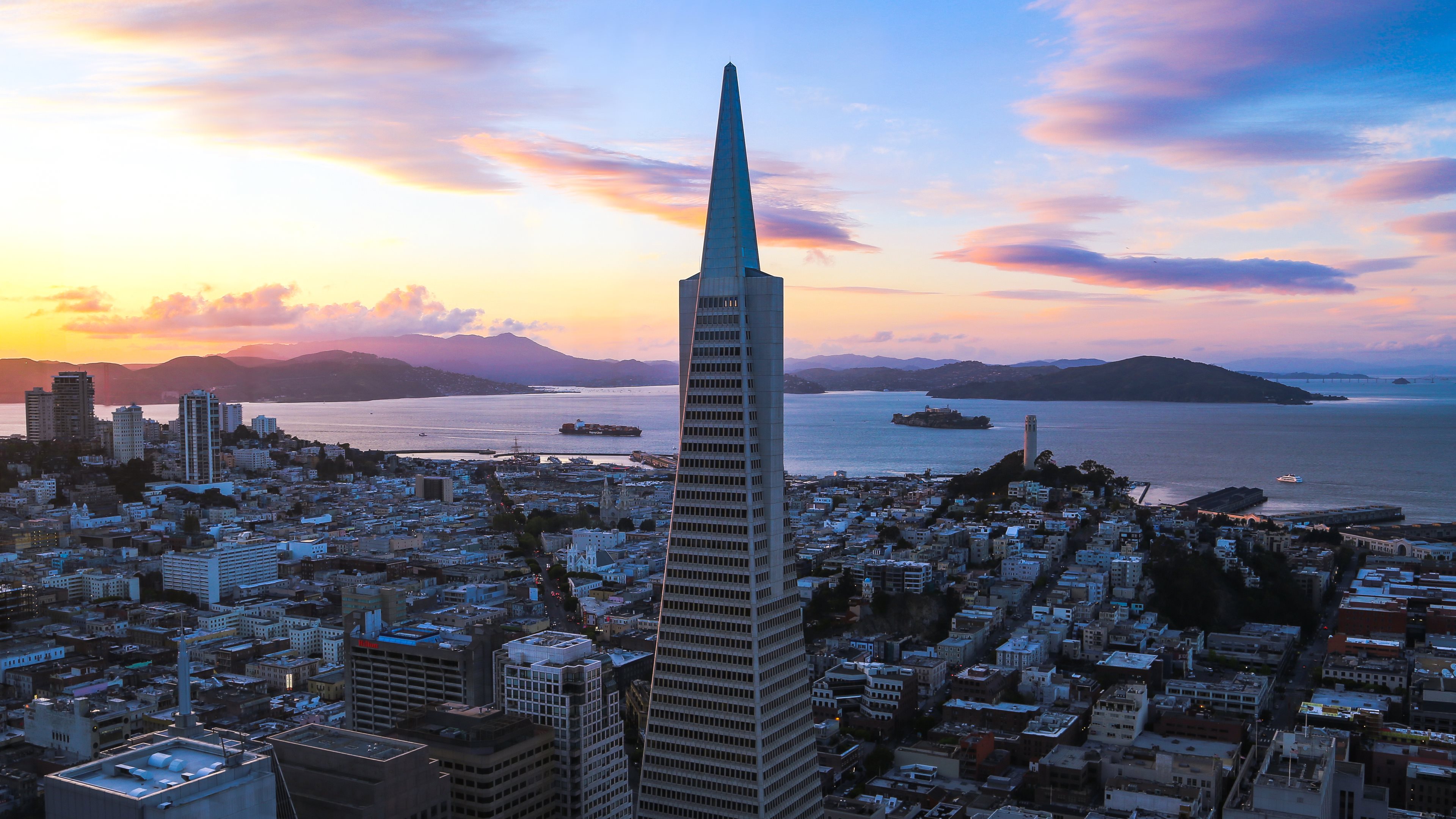According to USCIS, one big question that EB-5 investors sought clarification on involved job creation in regards to hotel and resort developments ( EB-5 projects ).
They wanted to know, at what point, was it reasonable to input projected funds into economic models to project the indirect and induced jobs that would created as a result of visitor spending at the EB-5 projects.
An example of spending at EB-5 projects: EB-5 Investors may project that visitors will spend money eating at restaurants, renting cars, or buying souvenirs.
To receive “job credit”, the EB-5 investor must show a preponderance of evidence that their EB-5 projects will result in either an increase in visitor arrivals or an increase in spending in that particular area, or both.
- A “preponderance of evidence” means that the evidence the petitioner shows must make claims that are “more likely so than not likely so.”
The EB-5 investor must show that the area of their particular EB-5 project is driving tourism or visitor spending.
- If the EB-5 investor can prove that his or her particular project is directly responsible for increasing visitor spending or demand that they can make the case for their EB-5 project generating increased employment in that region. Therefore, that visitor spending revenue can be reasonably inputted into economic models.
Whether or not visitor spending can be attributed to the EB-5 investors’ economic models, the EB-5 investor can attribute other eligible jobs created over the 2-year span.
- These may include jobs related to construction, management, and operations. If the EB-5 projects are deemed reasonable then these jobs may be eligible inputs into the economic regional model.
Applying for the EB-5 visa can be a daunting process. For any questions or more specific information about your EB-5 projects, seek out an experienced immigration lawyer or other knowledgeable professionals.

Comments